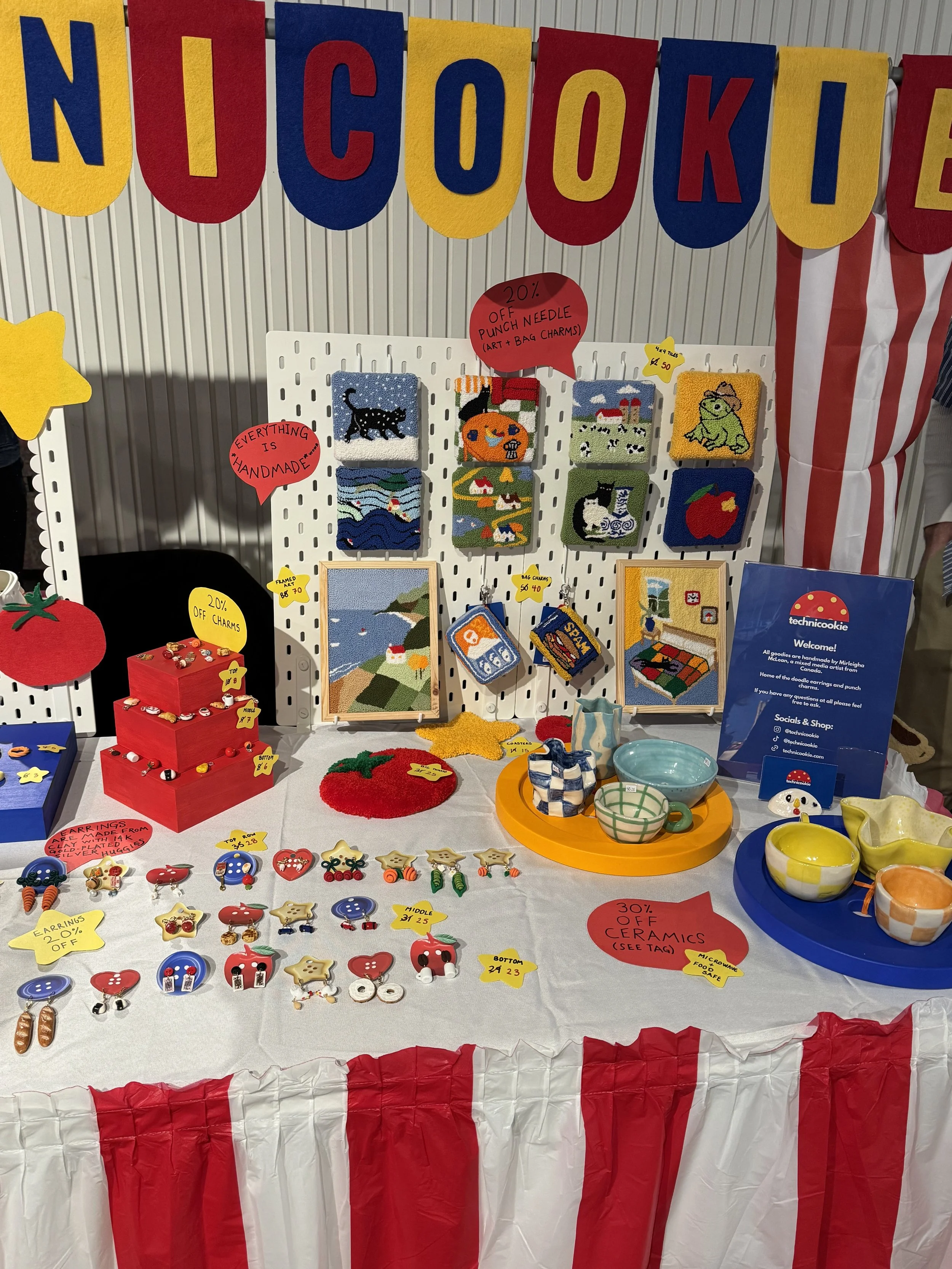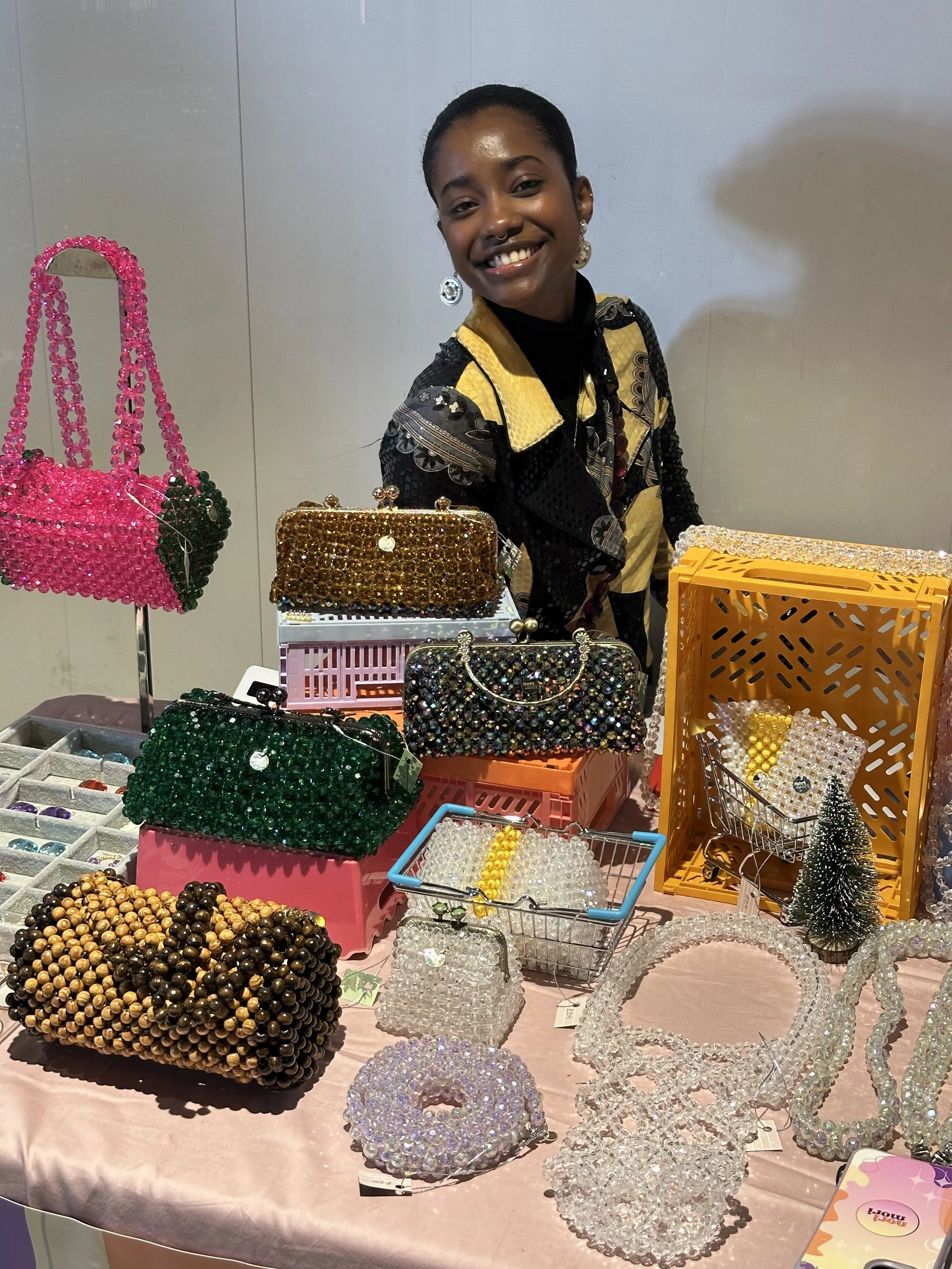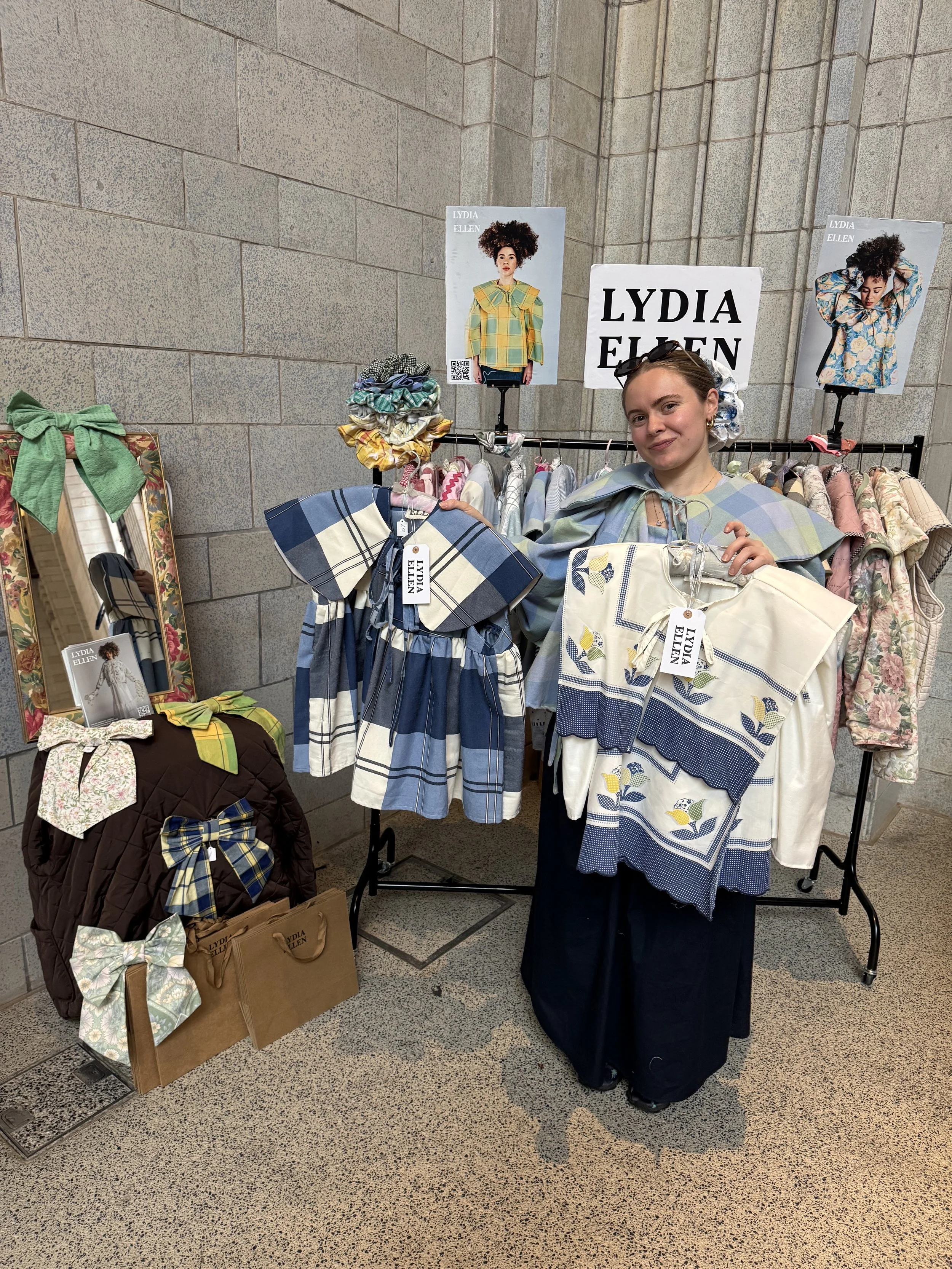Copycats: Advice on how to protect your small business from an IP Consultant
We’ve all seen the posts. Those horrible ones that really tug at your heartstrings, when a small business owner reveals that they’ve discovered someone else (in most cases a highstreet brand) has ripped off their work. It’s a sad fact of running a small business, and I suppose a sad fact of life really, that as soon as you find success with a print, product, or design, other people will start copying it.
We ourselves have had the same issues, with one other market actually stealing our poster design and simply cutting out our name and adding their own on the top. It’s such a horrible and invasive thing, and of course can also leave you feeling really worried about your small business. It also is likely to leave you with lots of questions, like: What can I do about this? How can I protect my designs?
Daisy is the founder of HOUSE : LAW, a boutique intellectual property consultancy practice specialising in helping creatives protect their brands and designs. She recently reached out to us to see if she was able to offer any help to small business owners who are facing these issues. It’s something that’s effected soo many people we know, so we jumped at the chance to hear her advice, and wanted to share it with you here. We hope you never experience copycats, but if you do, we hope you might find this information helpful.
1. What can I do to protect my designs against copycats?
Register them! If your designs are registered they benefit from UK registered design right protection. The UK registered design right is a strong intellectual property right that you can rely on if someone copies you but, more than that, it also acts as a very effective deterrent.
To avoid having an ‘invalid registration’ you should only register a design if it is ‘new’ and has ‘individual character’. Maybe the single most important thing to remember is that a design has to be registered within 12 months of its first disclosure to the public (and this includes a teaser on Instagram!).
In theory you can register your designs yourself on the UKIPO website. If you decide to do it this way, be sure to read lots of guidance from reputable sources as there is a lot to consider when registering your designs to avoid limiting the scope of your protection. Or you can use a legal consultant, like me, or a law firm to guide you through the process. Just remember that how you represent your design on the register is crucial and there is more than one way to do this.
2. What should I do if I see a copy of one of my designs?
Unsurprisingly, I am asked this question a lot! More surprisingly, it is a very difficult question to answer because every case has its own facts which determine the best approach. However, I realise this is not a helpful answer so, in general terms, I would consider the following steps:
1. Ask some trusted friends if they think the designs are similar. As the designer, you will often see more similarities than other people and so it really helps to seek another, more independent opinion. Choose friends that will be honest with you and try not to influence their response with any commentary on what similarities you see.
2. Consider what intellectual property right or rights protect your design. Is the design registered or will you need to rely on unregistered rights (e.g. copyright or unregistered design right)? I say this because the act of copying by itself is not illegal, you can only take legal action if one of your intellectual property rights has been infringed.
3. Speak to an IP consultant or lawyer. I know this may sound daunting and expensive, but it is really worthwhile getting the opinion of one, two or even three lawyers before taking action. Lawyers should offer you an initial consultation free of charge to discuss the matter and give some initial opinions and these can be really helpful in determining whether you have a case or not. If you decide to instruct a lawyer, try to push for a fixed fee so you have certainty around costs.
4. You can contact the owner of the other design privately to explain your concerns about the similarities between your designs. However, do this carefully and be careful not to claim any intellectual property rights you do not have as this can have serious repercussions.
5. Be very cautious about calling people out publicly on Instagram or elsewhere as, however tempting it may be, it can go horribly wrong and you could be sued for defamation and/or "unjustified threats".
3. Do I need to protect the name of my business?
I strongly recommend obtaining a registered trade mark for the name of your business. I say this because it will secure your ability to trade under your name and stop others from being able to trade under the same or similar name. It will also secure the foundations of your business and contribute to its value. This is important if you would like external investment or would like to one day sell your business.
Remember, you can protect more than just the name of your business. You can register your logo (or logos) and even product names too.
Pragmatically speaking, it can be very expensive to undertake a rebrand and so to avoid this I would recommend securing the trade mark registration (or at the very least running a clearance search) before investing in any branded materials.
Like with design registrations, you can apply for a trade mark yourself on the UKIPO website but there are technicalities which complicate the process. I would advise reading all the guidance on the UKIPO website before filing any application and/or booking a consultation with HOUSE : LAW to ensure you have everything you need covered.
—————————
If you would like more information about registering your designs and/or protecting the name of your business, please do not hesitate to contact me. I specialise in working with creatives and formulating pragmatic and affordable solutions to protect their intellectual property.
HOUSE : LAW © 2023
Please note that this information has been provided for guidance only and does not constitute legal advice. Intellectual property is a complex area of law and it is always advisable to seek the opinion of an experienced practitioner before registering your intellectual property rights.



